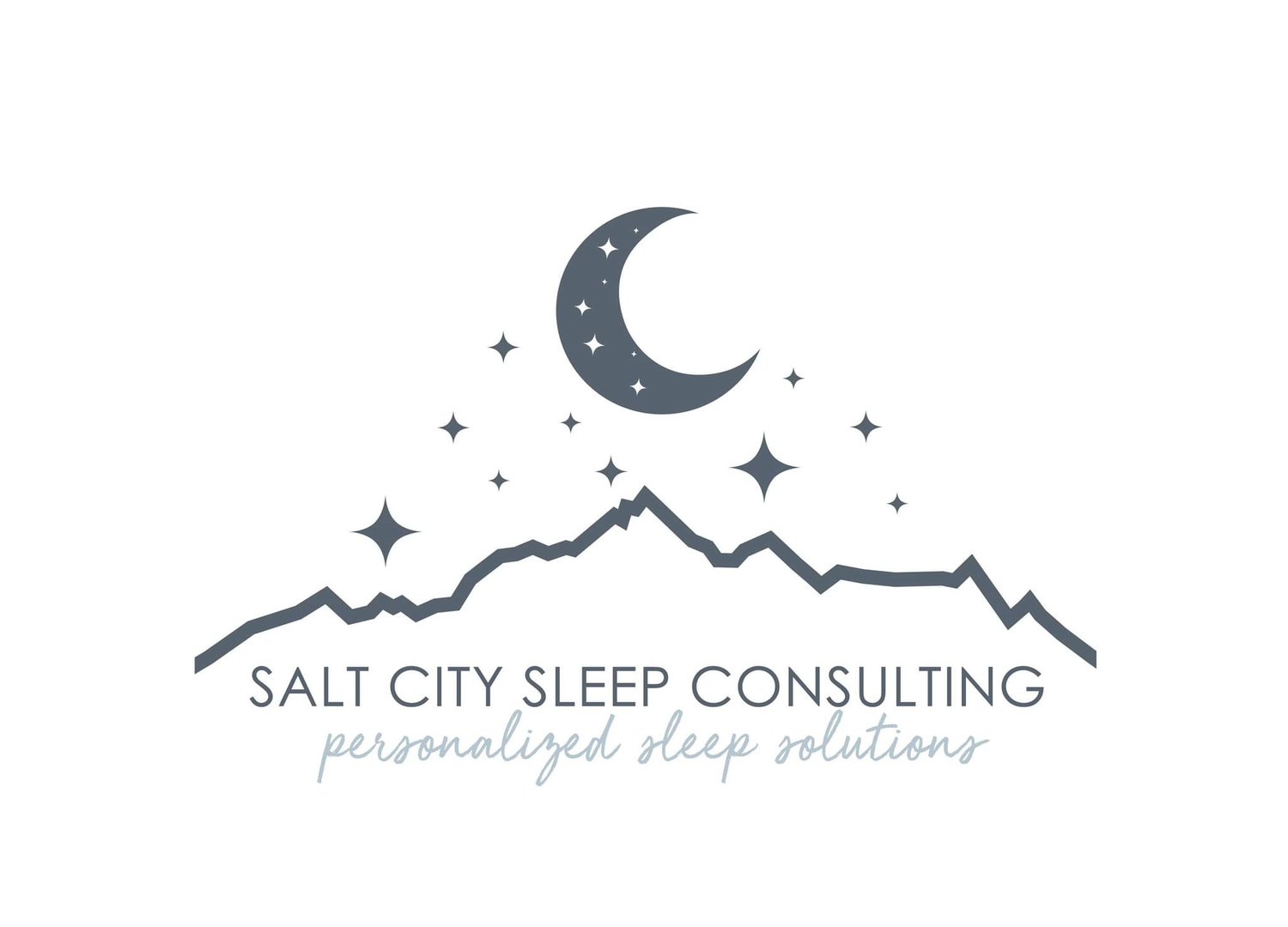PMADs and Sleep
What are the risk factors for PMADs? How can we get help for a PMAD? And what does this mean for sleep? For the last part of this series, I wanted to go over each of these things, and how to get help either for ourselves or our loved ones struggling with PMADs.
Risk factors for PMADs include: history of mental illness (this could be personally or within your family), stressful life events and circumstances (finances, relationships, abuse, substance abuse, loss, etc.), struggling with a PMAD after another pregnancy (which has a 50-75% chance of repeating), and traumatic birth or NICU experience.
When PMADs go untreated, there are huge impacts on families, not just mom. It can lead to impaired mother-infant interaction, insecure attachment with baby, negative parenting behaviours, and problems (behavioural, cognitive, and emotional) with children.
However, when PMADs are treated, remission has positive effects on moms and babies/kids, and a well mom equals a well child. There is help in treatment and things can get better.
Some of the treatments out there are: individual therapy, medication management, support groups (this one is especially great), day programs (like The Motherhood Center), outpatient support and education, and PSI (which I talked about in the last post).
Taking all of this back to sleep…
Sleep training should be adjusted based on mom’s mental health, but you can absolutely still sleep train so that you and baby are getting better sleep. Better sleep is going to help, maybe exponentially. When we are severely sleep deprived, everything seems 10x’s harder.
I want to point out that no baby is perfect at sleeping. Even my own children or the babies I’ve worked with have rough nights. If you’re struggling with hearing “my baby slept through the night at 4 weeks”, please know that “slept through the night” means something different to everyone. That could mean “slept through the night… but woke up to eat”- which is perfectly normal!
If you find yourself obsessing over every minute of sleep, please know you don’t have to do that. Enjoy your time with your baby. Get extra cuddles in. Set up good sleep *habits*, not make sleep perfect every time.
If you’d like extra help with sleep or even if you just have a few questions- reach out to me! I love one time phone calls when I can ease nerves about “Is this normal? Is this ok?” There’s no pressure to book support, we can just chat about where your child is at and ease some of your anxious feelings. I look forward to hearing from you!
